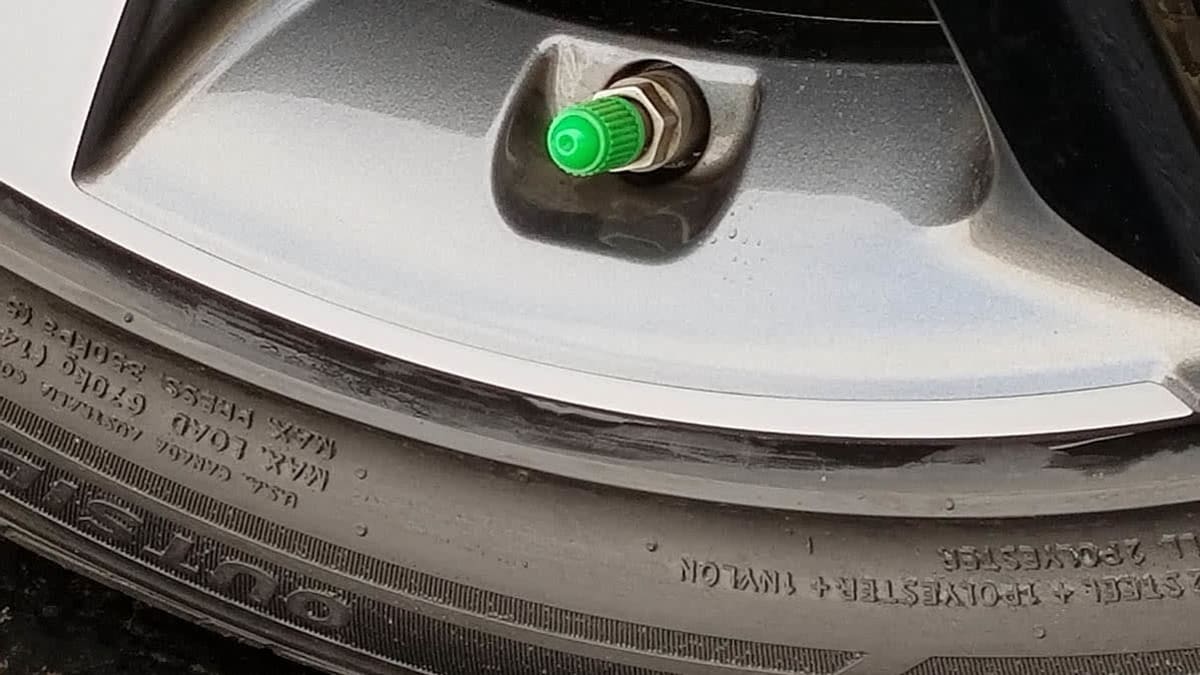As many of you know, I have a few really nice sports cars. I have had BMW's for 20+ years, and until this year the BMW dealer always used Nitrogen. When I purchased my latest M3 it came from the dealer with Nitrogen. Earlier this year I purchased a new Cadillac CT5V Blackwing, and it did not have nitrogen. I was a little disappointed, as I had always had nitrogen in my sports cars. I assumed that the crazy American's just where not as advanced as the Germans, so I took my Blackwing to the BMW dealer and asked for Nitrogen.
My rep was more than happy to fill it with nitrogen, and didn't even charge me, but while doing so he said that BMW USA has dropped the nitrogen requirement for all cars, including the M, as their data has shown no benefit from running nitrogen.
I personally see the benefit of not having to add or reduce air as the seasons change, but the automotive industry is moving away from it. I am not sure how Porsche is going to change, but my guess is they will continue to fill for a while as they began the trend for the sports cars.
I decided that it wasn't worth getting nitrogen tanks at the house, so I am now going back to 78% nitrogen for all my tires when they need it.
Exactly. I have a small compressor for filling tires. I mean, I got it for bicycle tires, but it works well on our cars. I check the tires regularly and fill them as needed (maybe three times per year.













